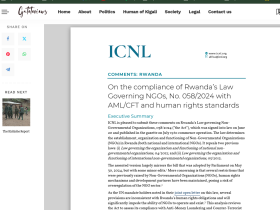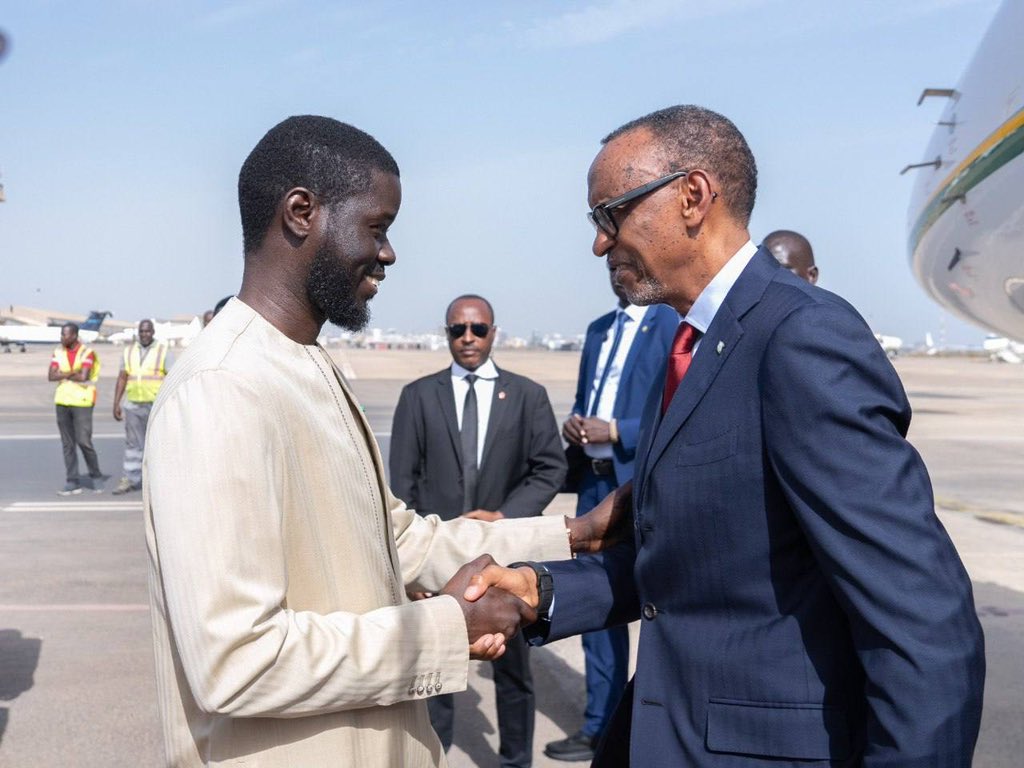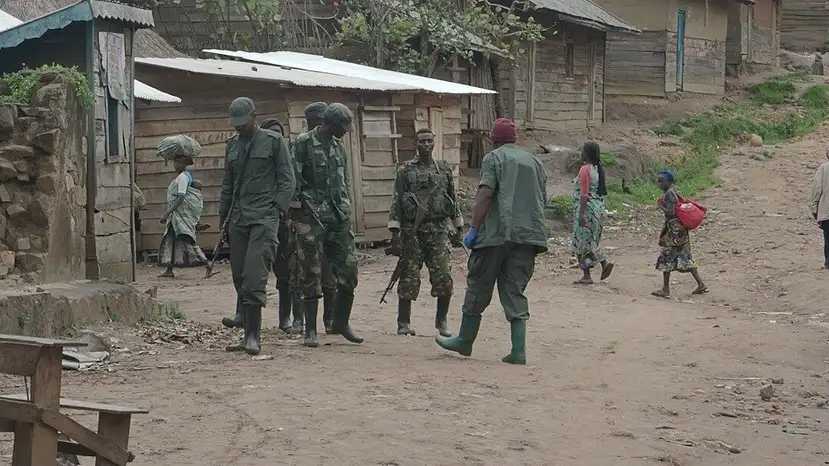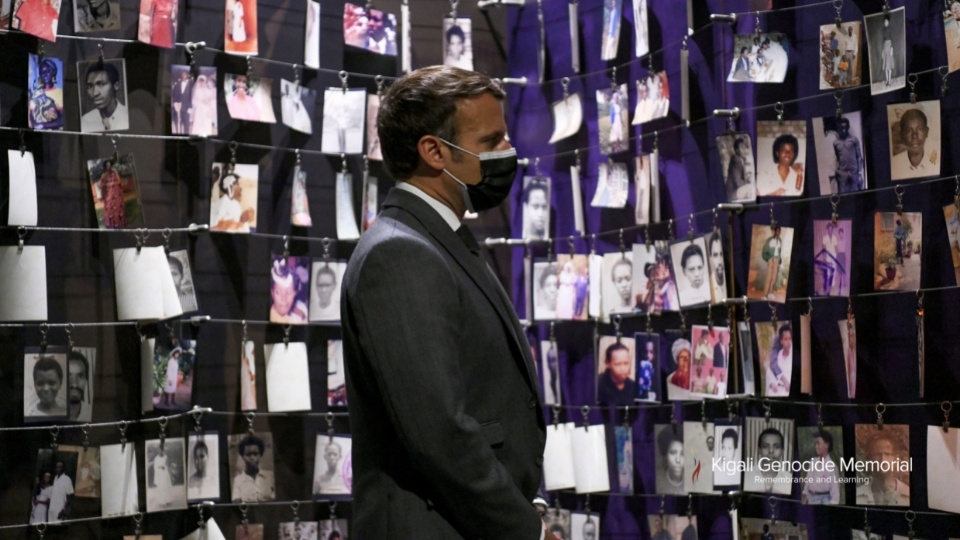Should donor states withdraw aid to African states which violate human rights? The Rwandan experience:
The recent decision by donor countries to cut, suspend or delay aid, following the report by the United Nations Group of Experts on the DRC alleging that Rwandan government is supporting the M23, an armed group in the Eastern DRC, serves as a case in point to demonstrate that written Aid agreements are often accompanied with unwritten conditions that are unrelated to aid performance by recipient countries. The example also demonstrates that in spite of the agreements on the crucial importance of aid predictability and mutual accountability in the development effectiveness agenda, the principle has not been applied equally or fairly by both parties and that while there are more demands on developing countries to account, there has been reluctance from some donor countries to do the same.
The Rwandan government has been a champion of upholding aid effectiveness principles and has scored very highly in terms of using aid effectively to meet MDGs. The Rwandan president Paul Kagame is a co-chair of the MDGs advocacy group (alongside Julia Guillard – Prime Minister of Australia) and until recently, Rwanda was being cited as one of the best examples of how aid is changing poor people’s lives, before it was suspended three month ago.
Whose fault is it that aid is cut:
Many a time, leaders have resorted to anti-western rhetoric, self-affirmation and self reliance speech, following any aid cuts; essentially rejecting the blame to donor countries, usually former colonial power, associating them with any emerging opposition figure – Human Rights Watch in the case of Rwanda – while opportunistically boosting their own popularity as true visionary leaders, patriots and freedom fighters (see article in the same blog: Mugabe? take another look. November 2007).
Rwanda is no exception, as according to authorities: we are victim of western conspiracy to blame DRC problems on Rwanda and hide their own failure – the failure of the UN peace keeping mission in DRC MONUSCO – to stabilise the Eastern Congo. All this said however, Rwanda still crucially needs the aid inflow to keep the momentum of its economic growth.
Managing public opinion in donor countries:
While donors recognise that the government of Rwanda has been using aid effectively, they argue that the public in their home coutnries is demanding them to refrain from supporting governments that are abusing human rights, both domestically and regionally. Indeed it is a bitter pill to swallow by citizen of donor countries, who have a hard time conceiving that their governments are giving tax payer’s money to governments that are restricting freedom of expression, jailing opposition leaders, conducting extra-judicial killings, and in the case of Rwanda, destabilising neighbouring countries.
Consequences of aid cuts only affect the poor:
All that said however, there is need to explain to citizens of donor countries to what end the aid is intended. Only in rare cases is aid given for military support (rwanda has been receiving USD 200,000 for Military aid, which was immediatelly cut, following the UN GoE Report). In most cases, Aid is disbursed to support counties’ poverty reduction strategies, which have been aligned with MDGs and are implemented to meet MDG targets. In other words, aid is given to promote access to clean water, universal education and healthcare, reduced child mortality, to alleviate poverty, to achieve gender equality and so on.
While these fundamental needs are scarce to the rural poor, they are abundant to those politicians, whose decisions are the cause of the aid cuts. For some, their offspring will be studying in the best schools of same donor countries, living luxurious lifestyles and for many, maintaining filled Swiss bank accounts to sustain their wife’s frequent shopping sprees in the west, completely astray from the austere realities in home countries.
The aid cuts will hence not affect them in any shape or form on a personal or family level. Such aid cuts in fact, may exacerbate the already disproportionate power dynamics among citizens of the recipient countries, reinforcing the control of duty bearers – the authorities – over the right owners – the poor – who will start to bargaining people’s entitlements.
In the case of Rwanda for example, as part of measures to mitigate aid unpredictability, the government has established a “dignity fund” aimed in principle at encouraging Rwandans to contribute towards their own budget and do away with aid in the long run. While the idea of the fund is good and welcomed by many, for the last two months citizens have been encouraged or pressurised to contribute money into the fund for their carrier, business or social reputation.
While business people and other well-off citizens have contributed voluntarily, nurses, teachers and policemen, etc. have been “encouraged” to pledge one month of their annual salary to the fund and subsequently saw part of their September salary withheld. These are people whose salaries are already meagre and need every penny to make ends meet. Moreover, aid cuts increase inflation, further raising commodity prices on the market and making it more difficult for the poor to access basic items such as food, clothing and so on, and rendering them vulnerable to possible exploitation by the wealthy few.
Furthermore, aid cuts undermine civil society’s lobbying capacity: Civil society is perceived in Africa as a western concept, whose members are funded and manipulated by western donors – the same who have frozen aid, to advanced western ideals. Secondly, there are chances that by the time aid is cut, some civil society organisations may have denounced the same human rights abuses from which the donors’ sanctions have emerged and are halfway collaborating with the government to address them. By the time aid cuts intervene, all such efforts are abandoned. Thirdly, during that period, the government will be witch hunting, trying to find scapegoats to feed to the people, whose voices start to rise about the high prices on the market and the deteriorating country image on the international scene.
Not least, the aid cuts used as a measure to force a government to take action highlights just how irrelevant non financial pressure is, and sets a precedent for a “no stick without carrot” practice. Finally, in the Rwandan context, the government will expect local civil society to show “patriotism” and denounce the aid cuts and related critics, while donors will be expecting local civil society to join their international counterparts in condemning their own governments. In all this, local civil society will be divided, bringing way to a “you are with us or against us” perception of local civil society.
Having said all that, donors are playing a dangerous game. Although some international watchdogs call for aid cuts, they do so out of anger, arrogance or ego. This game is not sustainable and leads to a loose-loose situation; In reality, negotiation, partnership and support, have yielded more positive results than and aid cuts.
Also, the success of Rwanda is important in the eyes of international donors; who need the Rwanda ‘experiment’ to work in order to demonstrate that a country is able to recover from a conflict scenario to deliver on the MDGs as a proof that international aid does work. Generally the government of Rwanda has accepted some challenges and gaps in its performance through analysis and self-assessment processes that have encouraged participation of development partners. The government of Rwanda receives around USD 1 billion in development aid, which represents around 43% of its national Budget .
III. Conclusion and recommendations:
Any form of sanctions should be visited upon culprits, not spread around the innocent people. Apart from making policy makers in donor countries feel good about themselves, or increase visibility of international whistle blowers and lobby groups, experience has shown that aid cuts have not succeeded in regime change or policy shifts; no more than they have made politicians give up their salaries and benefits packages. Instead, Aid cuts have increased poverty, suffering and unrest, and in some cases the rise of nationalist movements and xenophobia. As far as Rwanda is concerned, the aid delays or cuts will only hurt the rural poor and undermine the steadfast progress established in the last five years. Other measures should be found to bring lasting peace to the Eastern DRC, that do not undo efforts achieved in Rwanda thus far.
As for the Rwandan government; there are two lessons to be drawn: 1) If you are supporting rebel groups; please stop! for both Congolese and Rwandan’s sake; there are other means of pursuing one’s goals, acceptable in the 21 century; 2) You should never trust donors! No country in the world has ever developed on aid. Aid is both a blessing and a curse; the sooner we free ourselves from it the better.
I hope we are taking measures in earnest to ensure that the weight of aid volatility is absorbed by the financially strong to prevent any suffering for the poor.
As to Donor countries, the question should be: IS AID BEING UTILIZED TO MEET THE INTENDED AIM AND RESPOND TO THE IDENTIFIED NEEDS? IF THE ANSWER IS YES, THEN AID IS EFFECTIVE AND SHOULD NOT BE CUT.
Donors should therefore be encouraged to unfreeze aid and uphold principles enshrined in the Paris declaration, the Accra Agreement for Action and the Busan High Level Forum on Aid/Development effectiveness…


















Leave a Reply